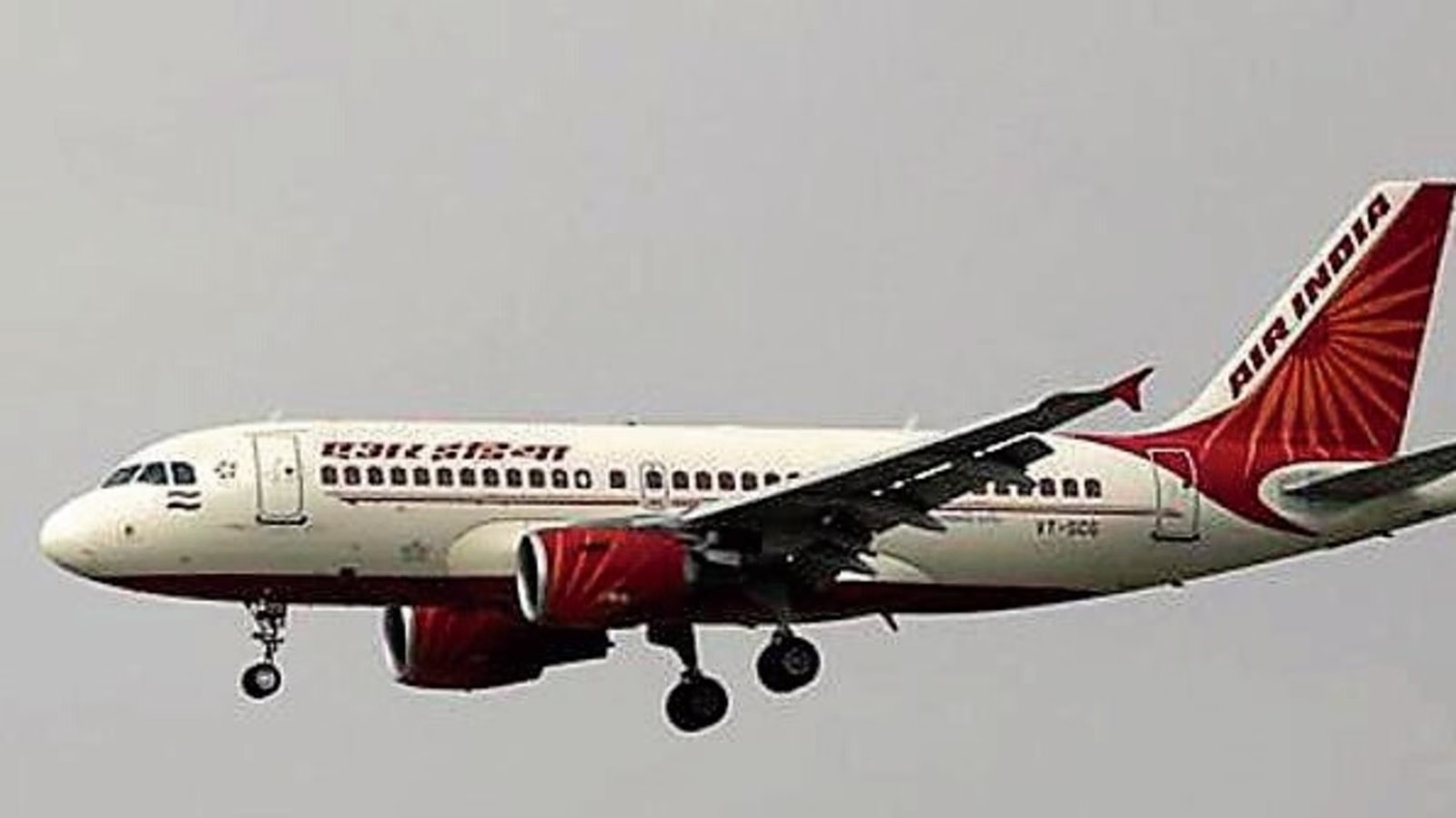In an escalation of a dispute between China’s insurer Ping An and Europe’s largest bank, HSBC (HSBA.L), its largest shareholder claimed on Tuesday that the bank had “fundamentally failed to address key business model challenges.”
In an update to ideas it started promoting in November, HSBC’s largest shareholder Ping An argued that the bank should divide its Asia division into a Hong Kong-listed firm.
The latest attack from Ping An comes as Glass Lewis, a shareholder advisory organisation, recommended investors to vote against resolutions calling for a strategic review and revision of the dividend policy, further dividing the bank’s ownership before its annual meeting on May 5.
HSBC reaffirmed its position that the plans are unjustified.
“It is our judgment, supported by third-party financial and legal advice, and with third-party assurance, that alternative structural options will not deliver increased value for shareholders,” an HSBC spokesperson said.
Glass Lewis said the strategic review proposal, filed by individual shareholder Ken Lui in Hong Kong and backed by Ping An, was “not in shareholders’ interest”.
The demands made by Lui include that HSBC offer monthly updates on strategy, including the potential for spinning off its Asia division, and that dividends be restored to 51 cents per share.
Ping An also asserted that HSBC had “refused to verbally engage in discussions on the proposals,” but HSBC refuted this assertion.
According to an HSBC spokeswoman, the lender and Ping An have had lengthy discussions about these issues.
The divergent viewpoints among HSBC shareholders reveal a significant gap regarding the bank’s future, which has been challenged in recent years to meet long-term profit targets and increase its share price.
Rising geopolitical tensions between the hemispheres may potentially rekindle interest in proposals to divide the lender along East-West lines. Returns may be hampered by deteriorating diplomatic relations, particularly between the West and China.
In an effort to fulfil a commitment to “pivot” to Asia, Ping An started pushing for the Asia spin-off in November of last year. Since then, the bank has accelerated preparations to abandon retail banking in lagging Western countries including France and Canada.
With an 8% stake in the bank, the Chinese insurer is unable to force a break-up on its own and has so far provided little evidence that it has persuaded other significant institutional backers of HSBC that its proposal is viable.
London listed shares in HSBC were down 0.5% on Tuesday afternoon, against a broad-based 1.3% rally in the STOXX European banks index (.SX7P).











